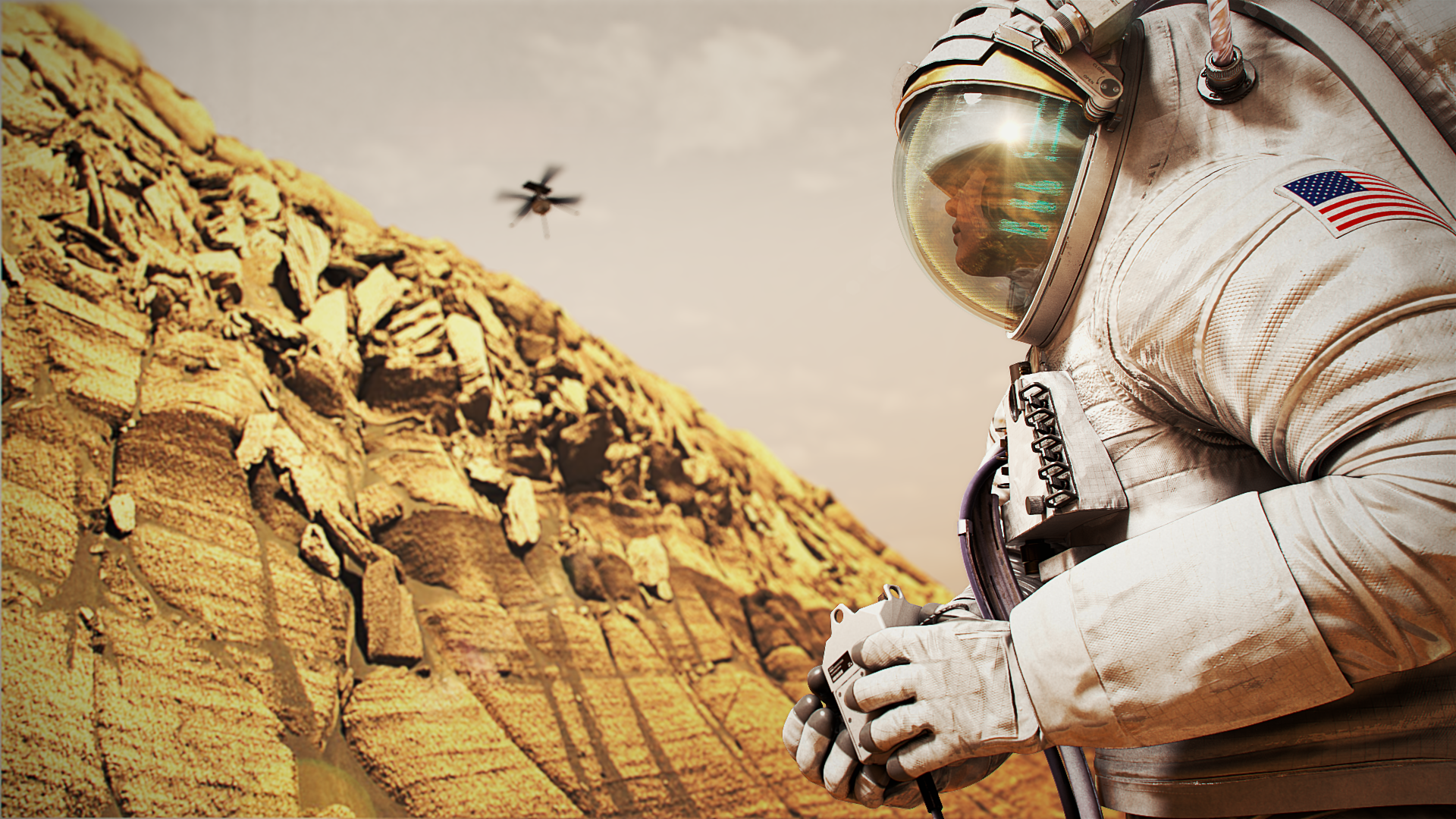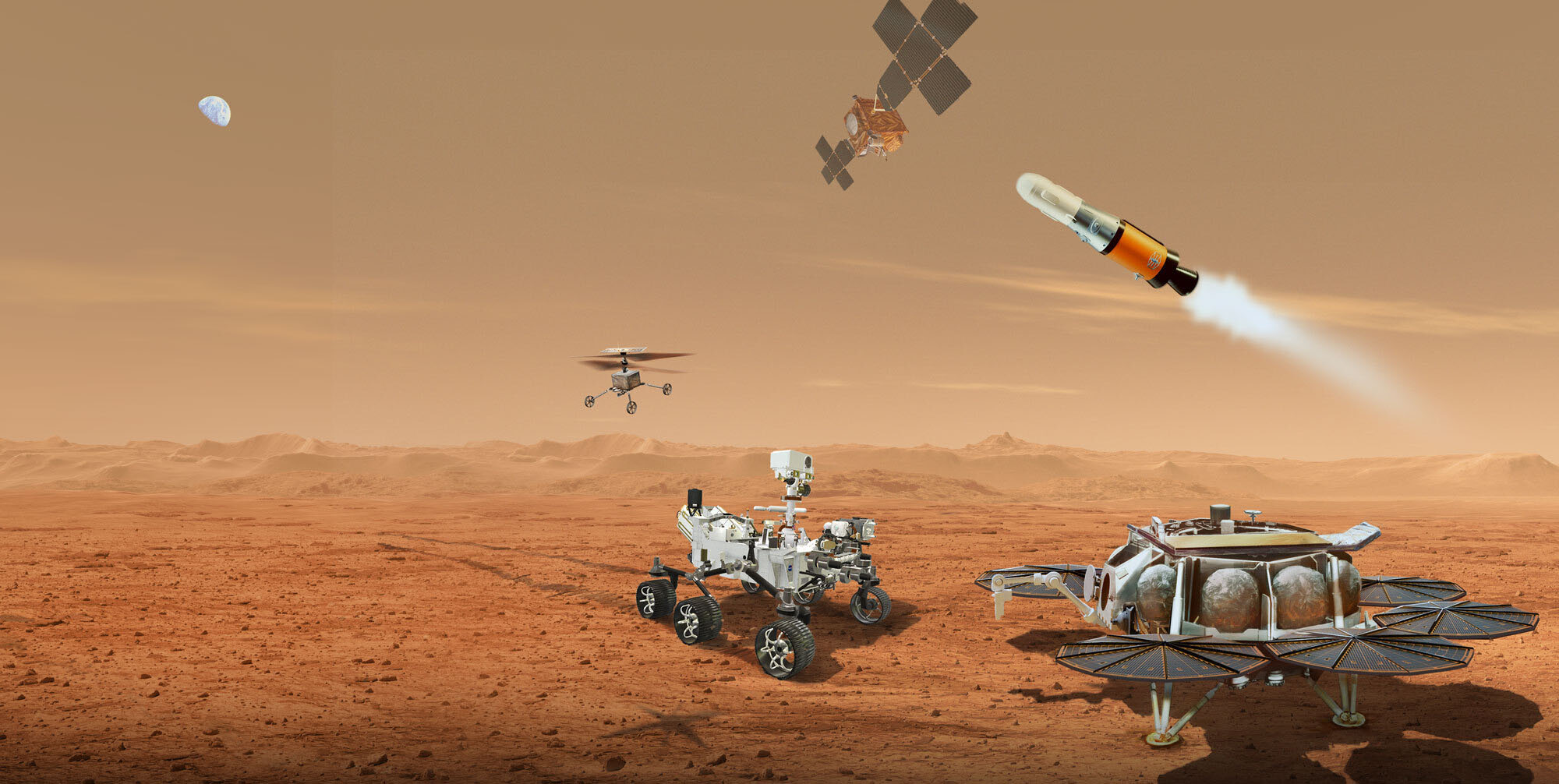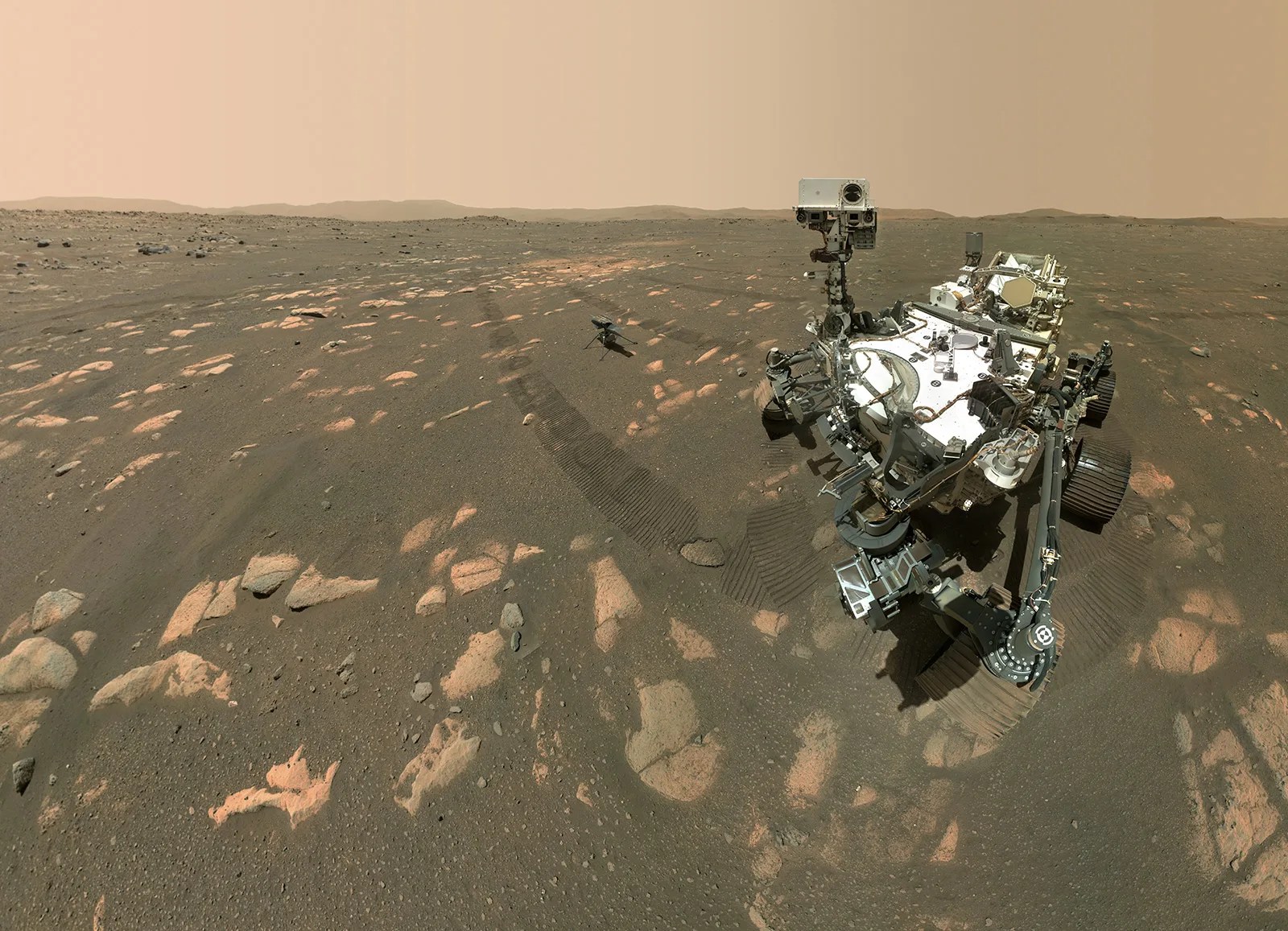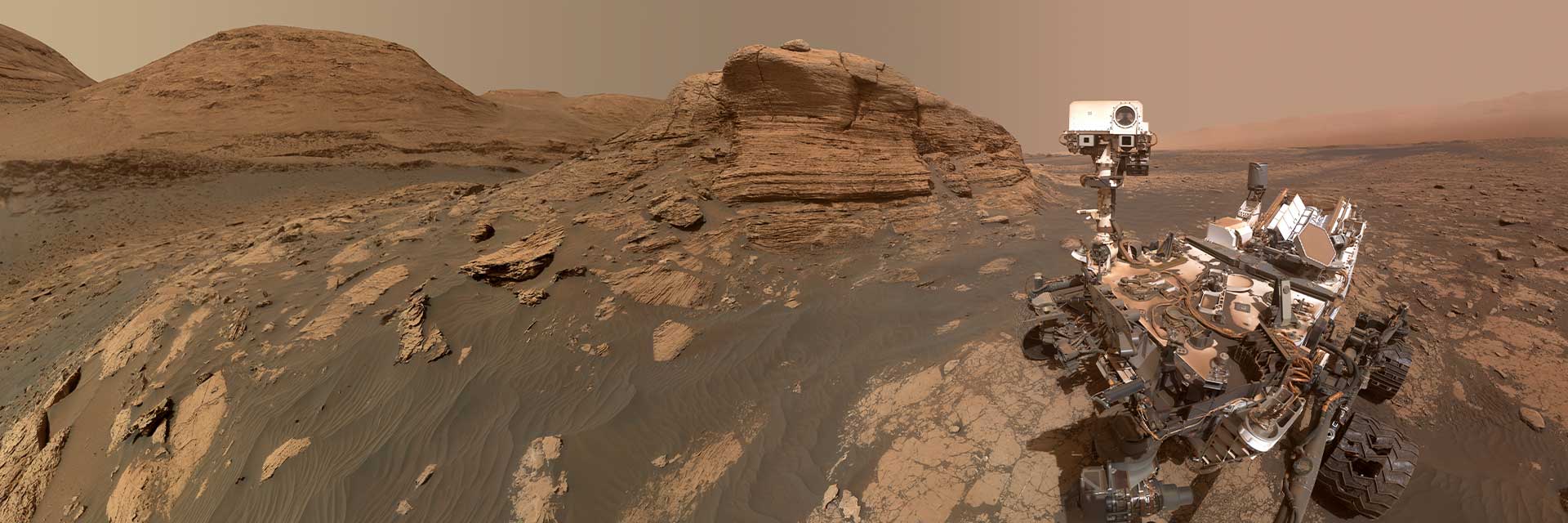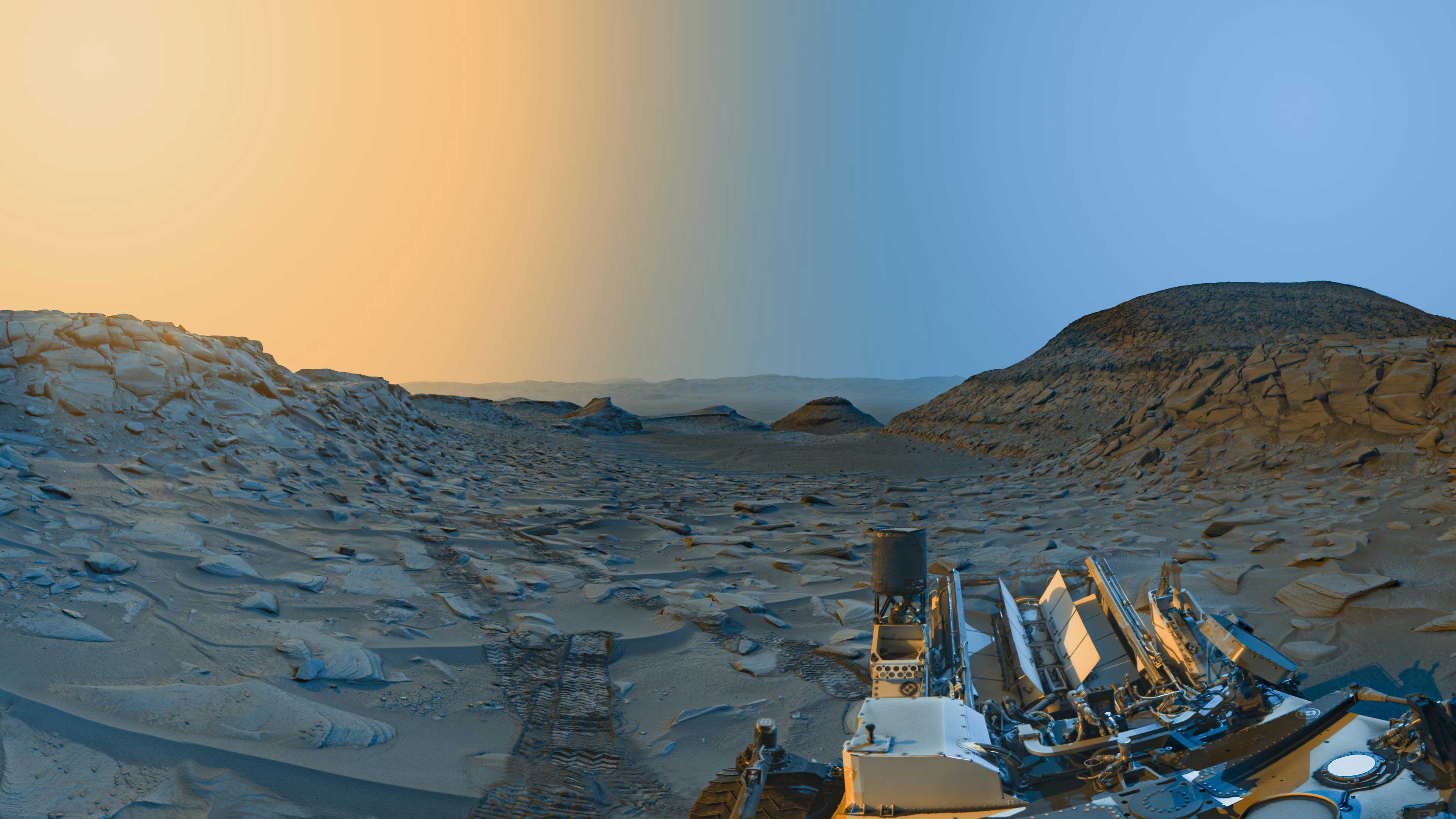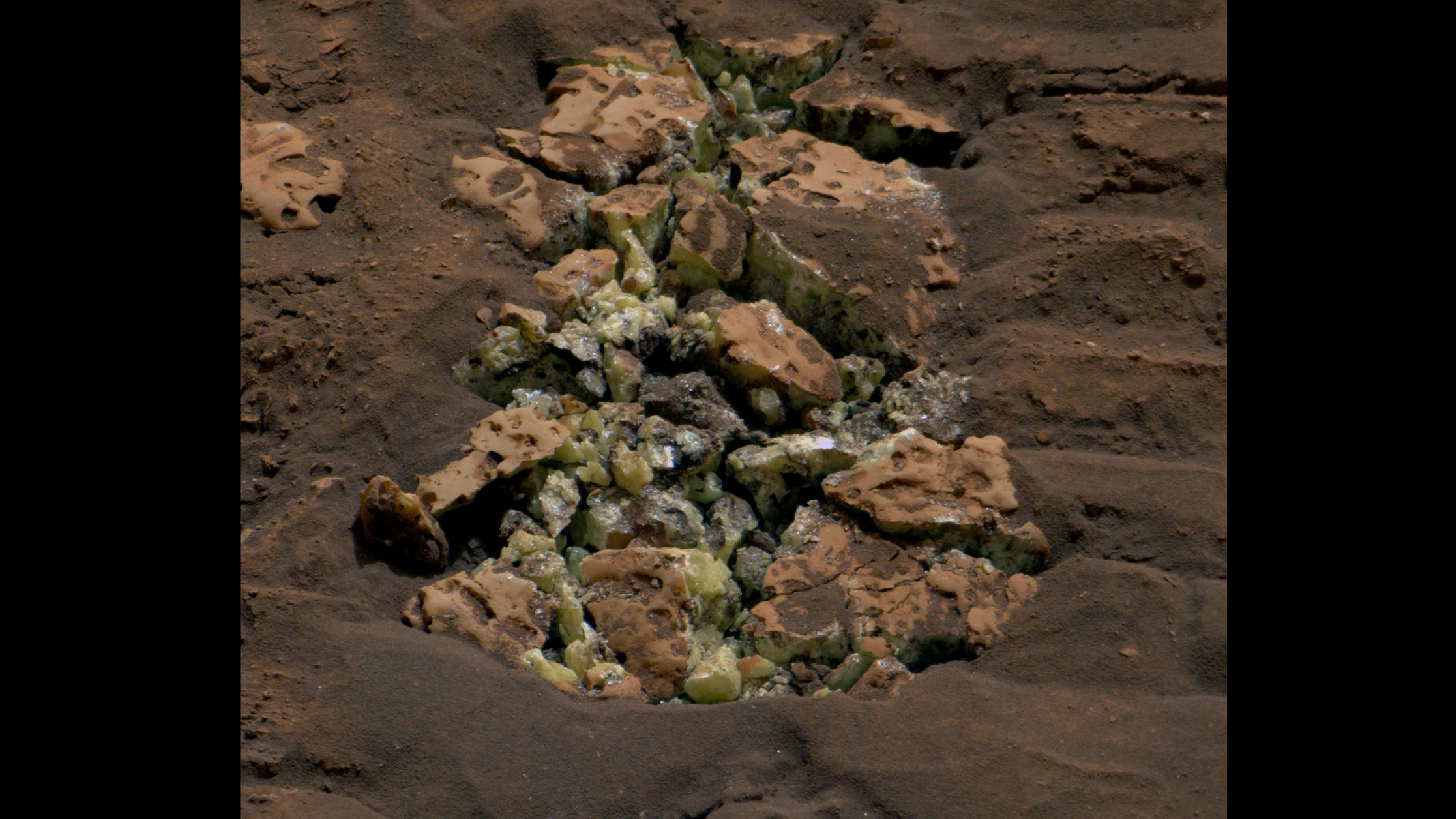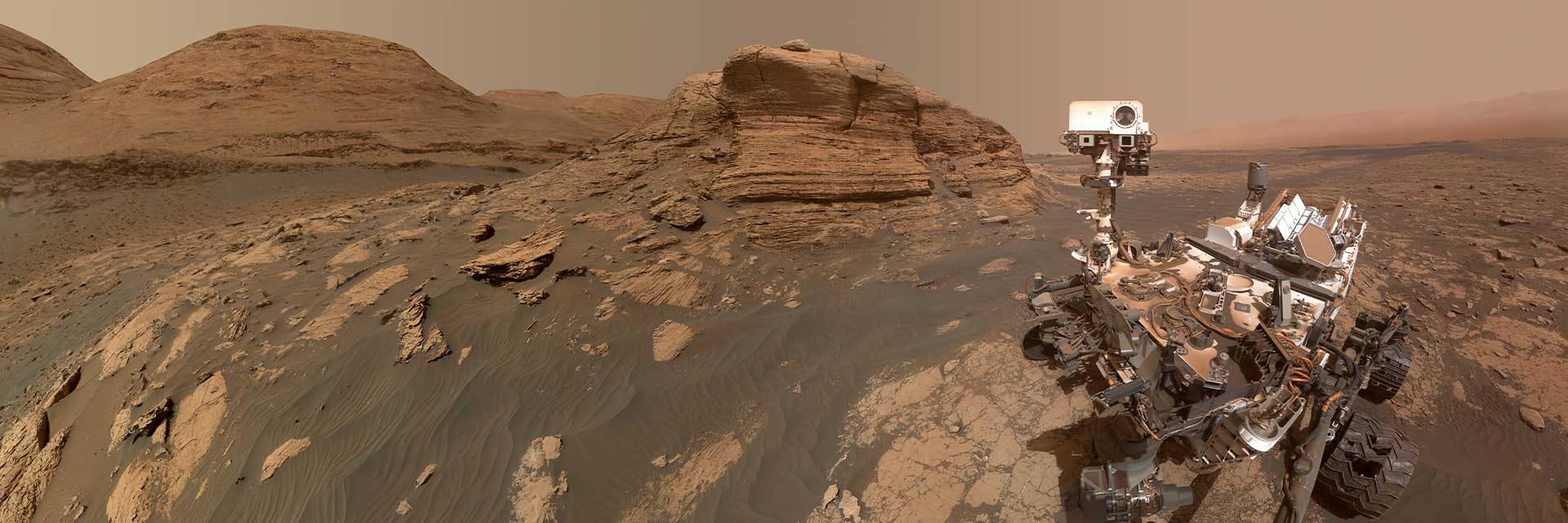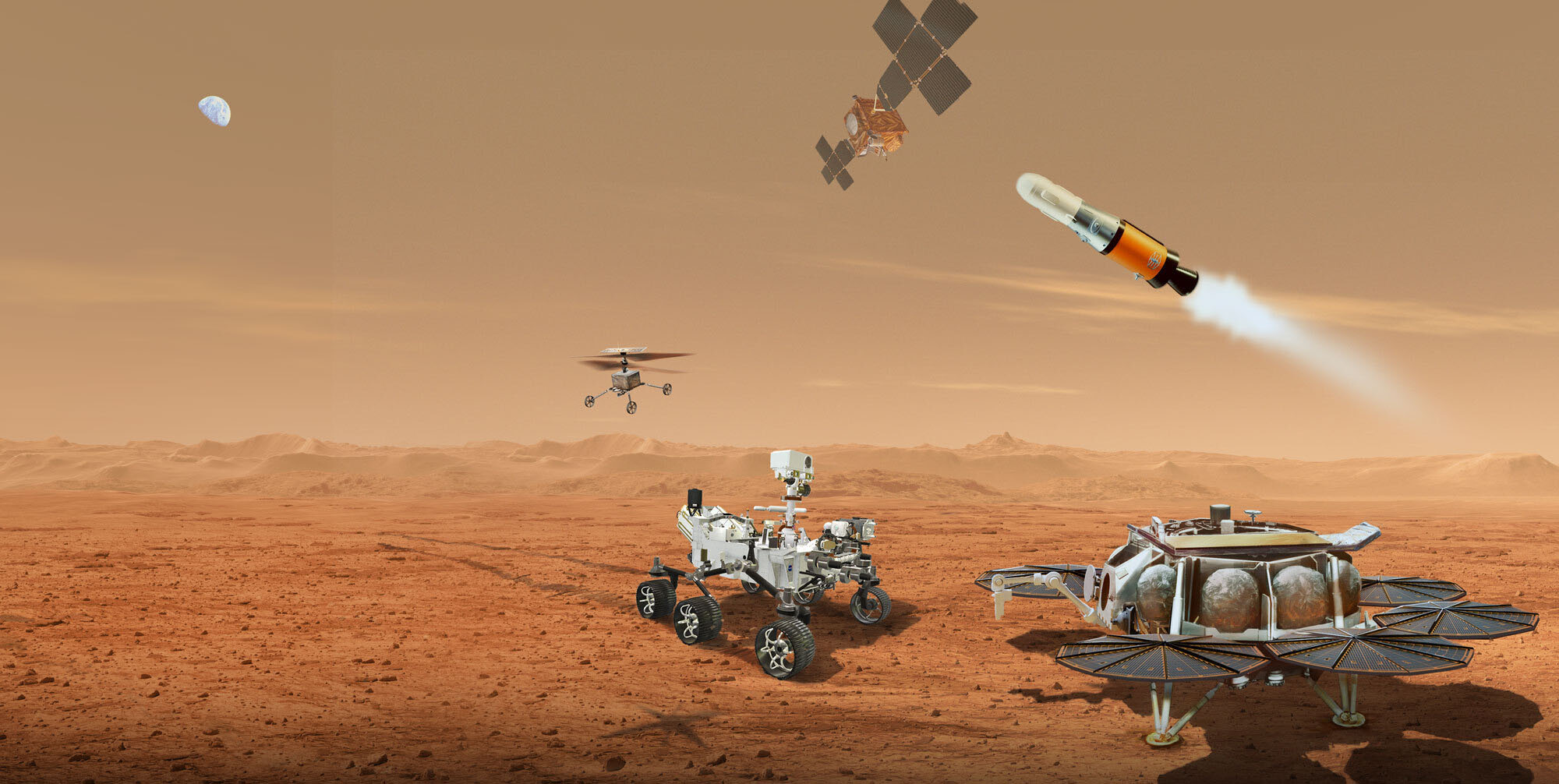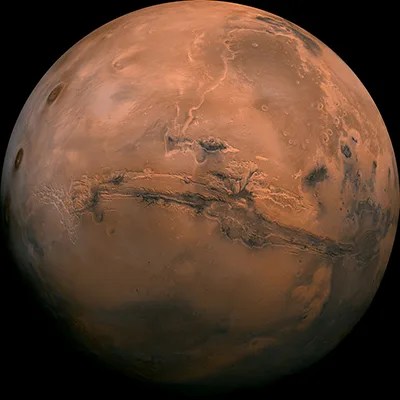
Mars
Mars is the fourth planet from the Sun, and the seventh largest. It’s the only planet we know of inhabited entirely by robots.
Mission Status
NASA Spacecraft in Orbit
NASA Rovers on the Surface
Featured Topics
Mars Overview
Mars is no place for the faint-hearted. It’s dry, rocky, and bitter cold. The fourth planet from the Sun, Mars, is one of Earth's two closest planetary neighbors (Venus is the other). Mars is one of the easiest planets to spot in the night sky – it looks like a bright red point of light.
Despite being inhospitable to humans, robotic explorers – like NASA's Perseverance rover – are serving as pathfinders to eventually get humans to the surface of the Red Planet.
JUly 25, 2024
NASA’s Perseverance Rover Scientists Find Intriguing Mars Rock
The six-wheeled geologist found a fascinating rock that has some indications it may have hosted microbial life billions of years ago, but further research is needed.
Learn MoreWhy Do We Go?
Mars is one of the most explored bodies in our solar system, and it's the only planet where we've sent rovers to explore the alien landscape. NASA missions have found lots of evidence that Mars was much wetter and warmer, with a thicker atmosphere, billions of years ago.
Explore with Us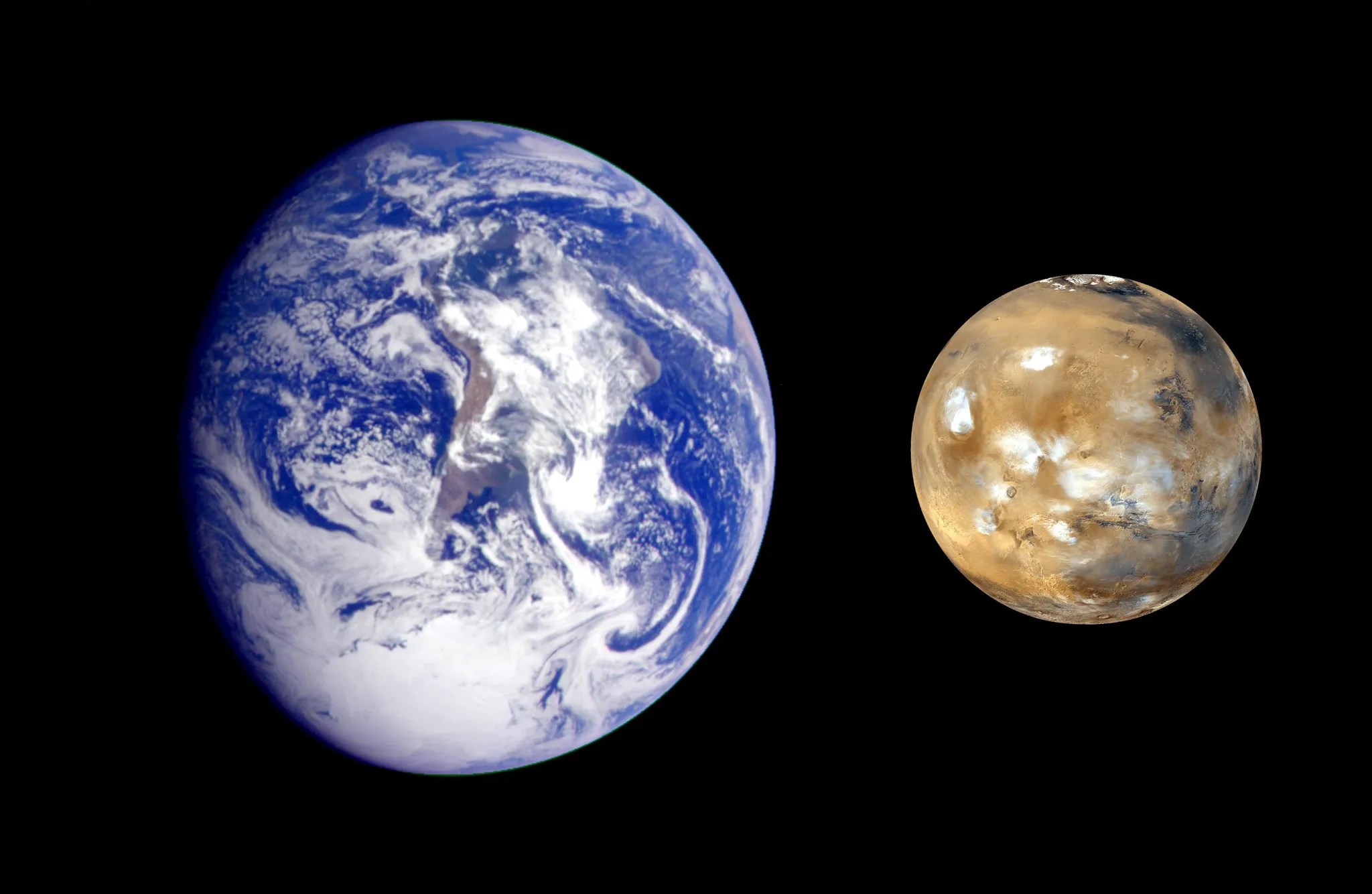
Mars Relay Network: Interplanetary Internet
How We Explore
Beyond the Moon
Humans to Mars
Like the Moon, Mars is a rich destination for scientific discovery and a driver of technologies that will enable humans to travel and explore far from Earth.
Mars remains our horizon goal for human exploration because it is one of the only other places we know in the solar system where life may have existed. What we learn about the Red Planet will tell us more about our Earth’s past and future, and may help answer whether life exists beyond our home planet.
Learn More